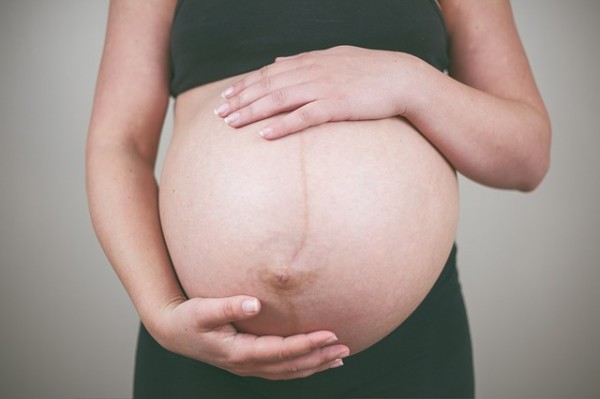Having a baby after fertility issues improves couples chances of staying together

New reseach reveals that women who have a child after experiencing fertility problems are more likely to remain with their partner following infertility evaluations. Findings in Acta Obstetricia et Gynecologica Scandinavica, a journal published by Wiley on behalf of the Nordic Federation of Societies of Obstetrics and Gynecology, indicate that after 12 years of follow-up, nearly 27% of women were no longer living with the partner, which they had at the time of fertility evaluation, if they did not have a child.
Previous research shows that fertility issues can have a physcial and psycholocial impact on both partners, with women being considerably more affected. In fact, there is evidence that unsuccessful fertility treatment may lower quality of life, increase stress levels, anxiety and depression for the couple. Yet, there are are other studies that report fertility problems may bring couples closer together through a perception of joint hardship-a concept known as "marital benefit."
"Prior studies show that fertility problems may cause marital or sexual distress for couples, which may potentially lead to separation or divorce," said lead author Trille Kristina Kjaer with the Unit of Survivorship at the Danish Cancer Society Research Center in Copenhagen, Denmark. "Our study investigated if women who did not have a child after a fertility evaluation were likely to end the relationship with that partner."
The research team used the Danish National Patient Registry and the Danish IVF (in vitro fertilization) Registry to identify 47,515 women who were evaluated for infertility between 1990 and 2006. On average the women were about 32 years of age at the fertility evaluation and were followed for an average 7 years, resulting in more than 350,000 follow-up years.
Of the women in the study, 57% gave birth to at least one child following the initial infertility treatment, while 43% did not give birth. During the first 12 years following the fertility assessment the women who did not have a child were up to three times more likely to divorce or end the relationship with the person with whom they were living at the time of the evaluation, compared to women who had a child.
Dr. Kjaer concludes, "Our findings suggest that not having a child after fertility treatment may adversely affect the duration of a relationship for couples with fertility issues. Further investigations that account for marital quality and relational wellbeing of couples with fertility problems are now needed."
Jan 30, 2014 04:45 PM EST





